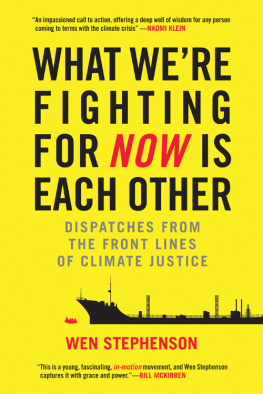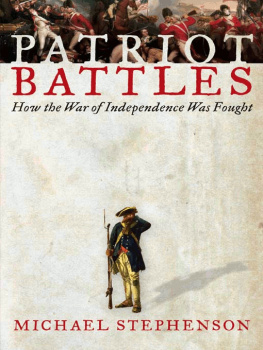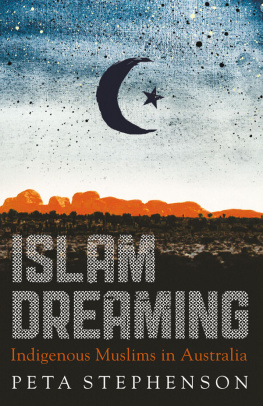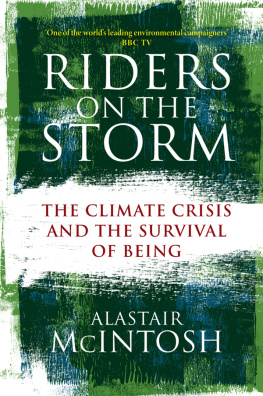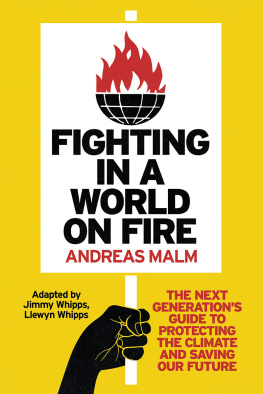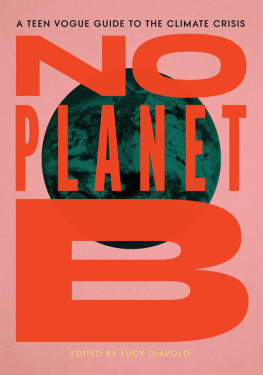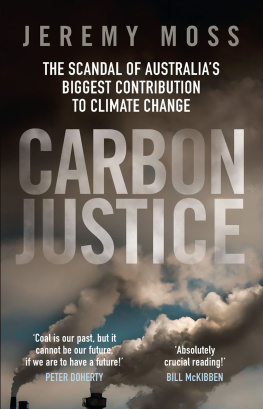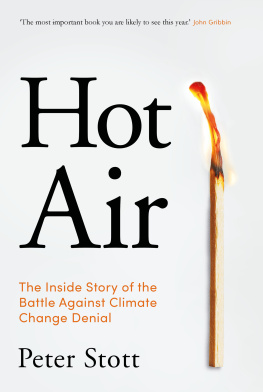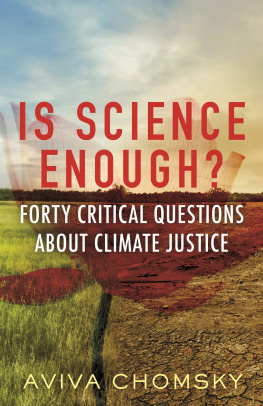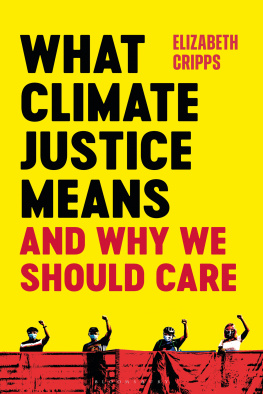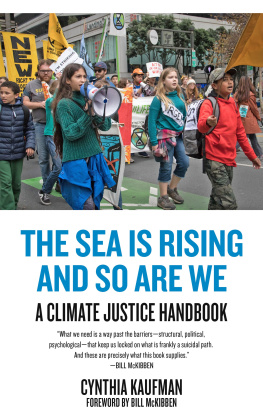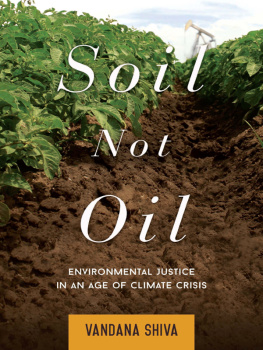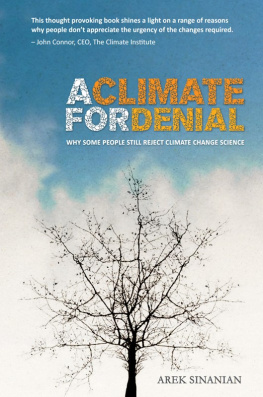
For my children,
and all of our children,
and their children
after them.
Let your life be a counter-friction to stop the machine.
HENRY DAVID THOREAU, CIVIL DISOBEDIENCE
PREFACE
This is really happening.
The Arctic and the glaciers are melting. The oceans are rising and acidifying. The corals are bleaching, the great forests dying and burning. The storms and floods, the droughts and heat waves, are intensifying. The farms and savannahs are parched and drying. Nations are disappearing. People are dying. Mass extinction is unfolding. And all of it sooner and faster than science predicted. The window in which to prevent the worst scenarios is closing before our eyes.
And the fossil-fuel industrywhich holds the fate of humanity in its carbon reservesis doubling down, economically and politically, on all this destruction. We face an unprecedented situationa radical situation. It demands a radical response. A serious response.
This is a book about waking up. Its about waking up, individually and collectively, to the climate catastrophe that is upon ustruly waking up to it, intellectually, morally, and spiritually, as the most fundamental and urgent threat humanity has ever faced. And its about some of the remarkable, wide-awake people I have come to know and at times worked alongsidethose I think of as new American radicalsin the struggle to build a stronger movement for climate justice in this country, still the most powerful, morally accountable, and indispensable nation on Earth. A movement thats less like environmentalism and more like the human-rights and social-justice struggles of the nineteenth and twentieth centuries. A movement for human solidarity.
Of course, any book like this must begin by acknowledging the science and the sheer lateness of the hourthe fact that, if we intend to address the climate catastrophe in a serious way, our chance for any smooth, gradual transition has passed. We must acknowledge the fact that without immediate action at all levels to radically reduce greenhouse emissions and decarbonize our economiesrequiring a society-wide mobilization and a thus-far unseen degree of global cooperation, leading to the effective end of the fossil-fuel industry as we know itthe kind of livable and just future we all want is simply inconceivable.
The international community has committed to keeping the global temperature from rising more than two degrees Celsius (3.6 Fahrenheit) above the preindustrial averagethe level, were told, at which catastrophic warming can still be avoided (weve already raised it almost one degree Celsius, with still more baked in, perhaps half a degree, within the coming decades). But theres good reason to believe that even a rise of two degrees will set in motion disastrous consequences beyond humanitys controlas former top NASA climatologist James Hansen, now at Columbia Universitys Earth Institute, and seventeen coauthors concluded in a December 2013 study. Catastrophic warming, by any humane definition, is virtually certainindeed, already happening. Because even in the very near term, whats catastrophic depends on where you live, and how poor you are, and more often than not the color of your skin. If youre one of the billions of people who live in the poorest and most vulnerable places on the planet, from Bangladesh to the Sahel to Louisiana, even one degree can mean catastrophe.
But the worlds climate scientists and leading energy experts, including the International Energy Agency in its World Energy Outlook reports, are telling us that unless the major economies drastically and immediately change coursedecisively shifting investments away from fossil-fuel extraction and infrastructure, leaving all but a small fraction of proven reserves in the ground over the next three to four decadeswe are headed for a global temperature rise of four or five or even six degrees Celsius (11.8 F) within this century. Kevin Anderson, former head of the UKs Tyndall Centre for Climate Change Research, has noted that even a rise of four degrees (7.2 F) would bring consequences incompatible with an organized global community. The World Bank warned in its major 2012 report, prepared by Germanys Potsdam Institute for Climate Impact Research, that four degrees is likely beyond our civilizations ability to adaptand must be avoided.
But were not avoiding it. Thats the message of the worlds climate scientists in the latest assessment report of the UNs Intergovernmental Panel on Climate Change (IPCC), issued in 2013 and 2014. Were plunging headlong toward the worst-case scenarioscritical global food and water shortages, rapid sea-level rise, social upheavaland beyond.
In the summer of 2012, according to the National Oceanic and Atmospheric Administration (NOAA), approximately 80 percent of Arctic sea ice, measured by volume, was gone. As my colleague Mark Hertsgaard has reported, scientists estimate that we could have an ice-free Arctic summer as soon as 2020 or 2030. But keep in mind, the speed at which the Arctic has melted, thus far, greatly exceeds what scientists had the stomach to predict. And once the Arctic sea ice is gone, well, we dont really know what that will mean for the climatebut its not good. Given the positive warming feedback of a heat-absorbing open oceanand the potentially massive release of greenhouse gases from melting permafrostits safe to say all bets are off. And the ice-free Arctic, along with the accelerated melting of Greenlands great ice sheet, amounts to only one of several tipping points for the global climate system, which would render the effects of climate change irreversible on a human timescale. Scientists reported in 2014 that the great West Antarctic ice sheet appears to be collapsing, carrying an eventual eleven feet of sea-level rise, and it now appears that East Antarcticas enormous Totten Glacier is headed in the same direction, with another eleven or more feet in store.
Even without crossing such thresholds, the unimaginable is becoming all too imaginable. A 2013 study from researchers at the Potsdam Institute concluded that with warming of only three degrees Celsiusthe low end of whats predicted for this century on our present course12 percent of the global population could well face absolute water scarcity and 24 percent chronic scarcity. In other words, on our current trajectory, well within this century, more than a third of the human beings on this planet could face a catastrophic lack of water. Last I checked, you need water to grow food. Pointing to a September 2014 study on the increasing risk of megadrought in the United States by researchers at Cornell, the University of Arizona, and the US Geological Survey, climate expert Joseph Romm asked, For the kind of Dust-Bowlification caused by a megadrought, what does the word adaptation even mean? (Were talking to you, California.) Human adaptation to prolonged, extreme drought is difficult or impossible, Romm wrote in a 2012 piece for the journal Nature surveying the scientific literature on drought. Historically, the primary adaptation to dust-bowlification has been abandonment; the very word desert comes from the Latin desertum for an abandoned place.... Feeding some 9 billion people by mid-century in the face of a rapidly worsening climate may well be the greatest challenge the human race has ever faced.
Of course theres uncertainty about exactly how these consequences will play out. There will always be uncertainty in anything as complex as climate science. But as MITs Kerry Emanuel, one of the countrys leading climate scientists (and a former Republican), likes to say in his public talks, Uncertainty doesnt translate into no worries, mate. In fact, he says, its the opposite: uncertainty is a double-edged sword. Its possible, Emanuel and his colleagues acknowledge, that the impacts of climate change will be less severe, and arrive more slowly, than the most sophisticated models predict. But those are averages, which means its

